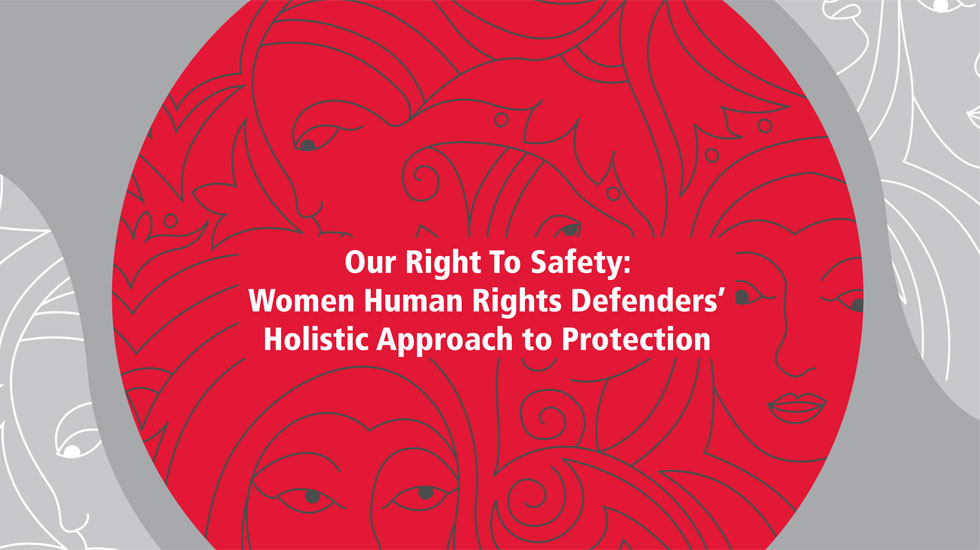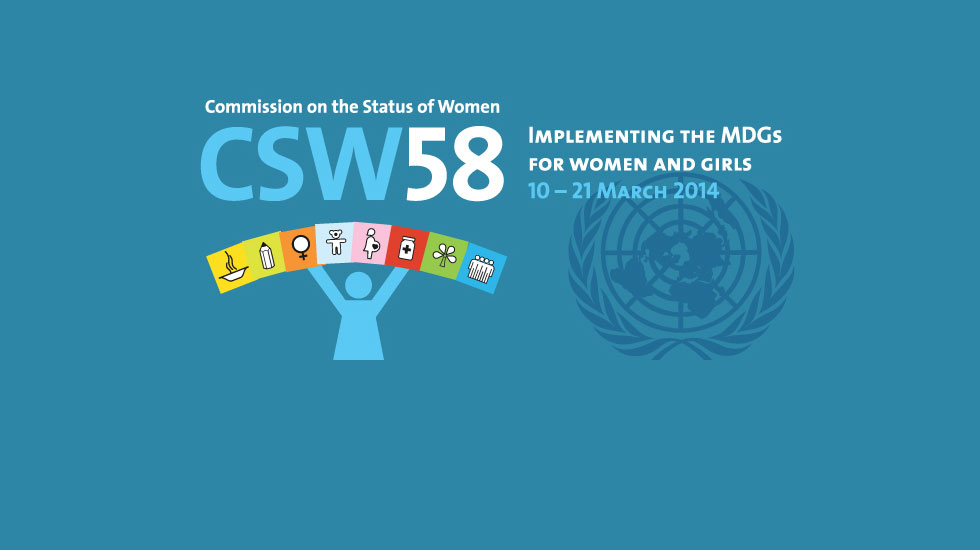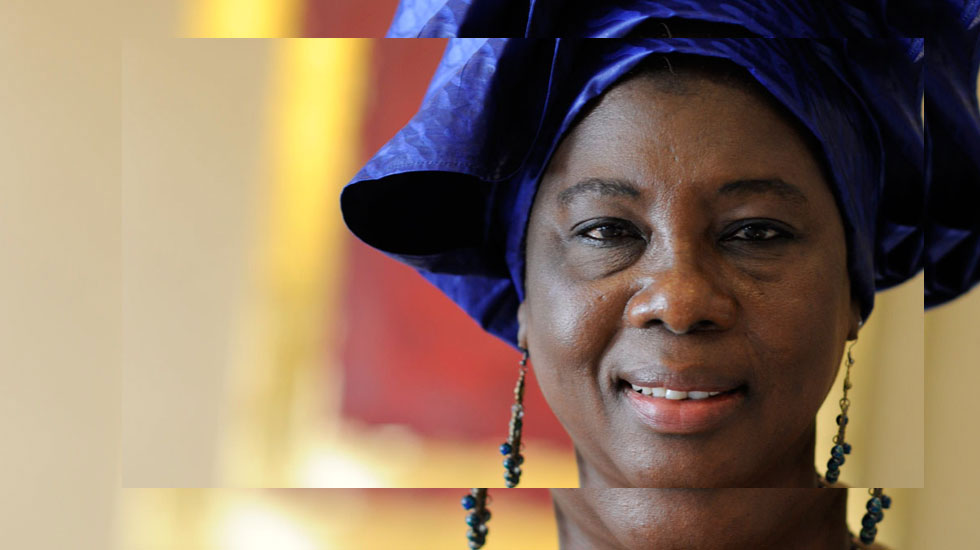
Our Right to Safety Report
WHRDs face a variety of risks and violations in their work. The WHRDIC report: Our Right To Safety (PDF 1MB ) is an effort to assess the various mechanisms that have been developed to provide protection to WHRDs at risk, including initiatives developed by national governments, and regional and international human rights bodies.
- Read the report Our Right To Safety: Women Human Rights Defenders’ Holistic Approach To Protection PDF version (1MB)or online.
When asked what protection and security meant to her, a women human rights defender explained: “I am a single mother and had to leave my home with my daughter and be relocated. I had to look for a job in my new place of residence and could not take care of my daughter, so I requested the state if they could cover these expenses as part of the relocation scheme. But the state did not understand that this should be part of the protection measures.”[1]
Another defender interviewed for the research also explained that when they were negotiating with the government to cover certain expenses related to education and health under the protection measure, the government responded that the goal of their protection measures was not to eradicate poverty.
These examples—as well as the many others that are included in the publication—help illustrate the complex situations that WHRDs face when they are threatened with violence because of their work. It is this complexity that this new publication seeks to address.
The variety of risks and violations that WHRDs face requires the adoption of differential support programs and gender-specific protection measures, taking into account the contexts in which women defenders live and work as well as other conditions and identities present in the diversity of WHRDs. The WHRDIC has developed this publication in an effort to assess the various mechanisms that have been developed to provide protection to WHRDs at risk, including initiatives developed by national governments, and regional and international human rights bodies.
While these initiatives are encouraging, WHRDs have expressed concerns about the inadequacy of many measures to address all their needs. In our conversations with WHRDs, a number of compelling questions emerged:
Do protection schemes take into account the unequal economic conditions that WHRDs face in most societies and how this increases their vulnerability and their ability to confront risk? Do they take into account the responsibility that many WHRDs have as the primary or sole caregiver in their families? Do protection measures move beyond physical protection and provide psychosocial support and access to other necessary health services?
These are some of the questions that we have explored in this publication, and which have helped us develop a more profound understanding of the meaning of gender-sensitive protection measures and the unique security concerns confronting WHRDs.
- Read the report Our Right To Safety: Women Human Rights Defenders’ Holistic Approach To Protection PDF version (1MB)or online.
In responding to these questions, WHRDs have emphasized the need to advance an integrated concept of security that takes into account the historical, cultural, political and social contexts in which they live. That is—a concept of protection that takes into account how WHRDs experience human rights violations differently because of their gender and other economic, social, and cultural factors.
[1] Interview with Valentina Rosendo Cantú and Centro de Tlachinollan, Mexico.
Commission on the Status of Women 58th session in New York
It’s the 58th session of the Commission on the Status of Women (CSW) in New York and this year, the focus is on what should happen in development after the Millennium Development Goals end in 2015.
The majority of members of the WHRDIC are going to be in New York for the CSW, engaged in a whole range of activities to ensure that women’s rights are upheld in future plans for eradicating poverty.
Over the 2 weeks, there’s the official meetings between UN member states, as well as side events, which are State sponsored events in the UN building, and open to people who are registered with the UN (this includes NGOs), and parallel events, run by NGOs outside the UN complex and open to everyone.
This year, the WHRDIC is part of 2 events:
From Resolution to Solutions
A panel about the Resolution on WHRDs that was passed in November last year.
10 March 2014 1:15-2:3pm Conference Room 7 (NLB) (max. capacity: 85) Contact: imag@mfa.no Please only RSVP if you require a Special Event Ticket (SET). If you are already accredited to CSW, you do not require an SET. RSVP deadline: Thursday 6 March by 1:00pm.Co-sponsored with Norway, Nobel Women’s Initiative, ICAN, JASS Meso-America, International Service for Human Rights, Amnesty International, Association for Women in Rights and Development, Women Human Rights Defenders International Coalition Protect Women Human Rights Defenders.
Women Human Rights Defenders: protecting our rights, documentation and resistance
Since 2005, the Women Human Rights Defenders International Coalition has brought together over 30 organisations to form a global network to protect and support women human rights defenders (WHRDs).
Our groundbreaking work has helped to identify and document gender-specific experiences of women defenders and promote global recognition of the discrimination, abuse and violence that women defenders face on a daily basis.
Coalition members and defenders will discuss prevention and protection mechanisms, the importance of documenting our advocacy and the violations we face, and other creative acts of resistance.
Wednesday, March 12, at 8:30am Hardin Room, Church Center United Nations (CCUN) 777 United Nations Plaza.
Meet a defender: Dr Isatou Touray
An unwavering commitment to ‘drop the knife’ in The Gambia
WHRDIC supports many women human rights defenders who fight for women’s and girls’ sexual and reproductive rights, including the right to be free from female genital mutilation (FGM).
Despite being banned by the United Nations, this harmful practice continues to affect over 100 million women worldwide.
With almost four out of every five women in The Gambia experiencing FGM, it is a brave woman indeed who would campaign against such an established practice.
Dr. Isatou Touray, co-founder and executive director of Gambia Committee on Traditional Practices (GAMCOTRAP), is committed to ‘knife-dropping’, or ending the brutal custom of FGM in her country.
In alliance with other activists, she established GAMCOTRAP in 1984 to to protect the sexual and reproductive health rights of women and children in The Gambia against such practices as FGM, early and forced marriage, and violence against women.
Ending FGM
The organisation’s inspiring training sessions for women, circumcision practitioners, and community and religious leaders, have left many participants with a new understanding of FGM and a resolve to discontinue the practice.
GAMCOTRAP frequently calls on politicians to outlaw FGM, and is active in the media, despite Government restrictions on media reporting of FGM.
The organisation also runs conferences and events on the topic. One of the most significant of these was the bringing together of religious leaders and medical personnel at a symposium in 1998.
The result was the landmark Banjul Declaration, in which attendees condemned the use of religion to justify FGM. This important event was one of the early international declarations on FGM.
This work of GAMCOTRAP has resulted in over 100 practitioners of circumcision abandoning the practice, while helping women’s issues to be heard in public, and changing community attitudes towards FGM.
Targeted for supporting women’s rights
These successes have come at a price for Dr Touray, who has long been targeted for her work.
She had to resign from her position as Deputy Director General of The Management Development Institute, where she had established a gender and development unit, after receiving repeated warnings from authorities about her gender equality advocacy.
She has twice been accused on false charges, both of which were eventually dropped. The second of these times she was imprisoned and only released after paying an exorbitant bail of 36,000 euros.
The Gambia’s abuse of human rights defenders
This harassment is all too common in The Gambia, where human rights defenders have been intimidated, detained, sentenced to death, or disappeared.
Dictatorial Gambian President Jammeh has reportedly said, “If you think that you can collaborate with so-called human rights defenders and get away with it, you must be living in a dream world. I will kill you, and nothing will come out of it.”
Women Human Rights Defenders, such as Dr Touray, are perceived as particularly challenging to the status quo, and are systematically targeted in order to discredit and silence them. Several WHRDs have been imprisoned, and President Jammeh has stated that he can not personally guarantee the safety of anti-FGM activists.
Despite these threats, Dr Touray continues her vital work, fighting for women’s health and human rights in a society that decrees most women second-class citizens.
Dr. Touray has been recognised with a number of awards, including 2008 ‘Gambian of the Year’, the 2008 US Ambassadorial Prize for ‘International Woman of Courage’, and the 2011 FAMEDEV Gender Award.
 Women Human Rights Defenders International Coalition
Women Human Rights Defenders International Coalition

